The University of Georgia School of Public Health launched the Family Matters Georgia study in partnership with the University of Minnesota in fall 2022, aiming to advance the understanding of structural racism and discrimination’s (SRD) effects on health equity.
“We’re trying to look more at the why, not just the fact that racial disparities exist,” said project director Valentina Merola. “We’re trying to understand the underlying causes.”
Two years into the study at UGA, researchers have started gathering data on the effects of SRD on individuals’ and families’ health outcomes. Participants in the study include white, Black and Hispanic families with children ages 8 to 14 in Clarke, Oconee, Oglethorpe, Jackson, Madison and Barrow counties.
“The opportunity to study structural racism’s effects on health in Georgia is salient and timely, and a necessary next step to advance our work in health equity by helping us understand intergenerational health disparities and the way those disparities are influenced by a household’s lived experience,” said study co-investigator and associate professor of health policy and management Grace Bagwell Adams in a 2022 UGA College of Public Health release announcing the prospective study.
Why It’s Newsworthy: The study seeks to understand how certain groups of people are disadvantaged in their health due to various risk factors beyond the individual-level, filling gaps in research and working toward health equity.The study aims to explore the impact of multiple environmental factors including housing location, food security, and parent-child interactions on participants’ physical and emotional well-being. The end goal is to develop interventions to help solve discovered health inequities.
“We’re looking at all kinds of things, like crime rates, police presence, proximity to a grocery store, proximity to fast food,” said Merola.
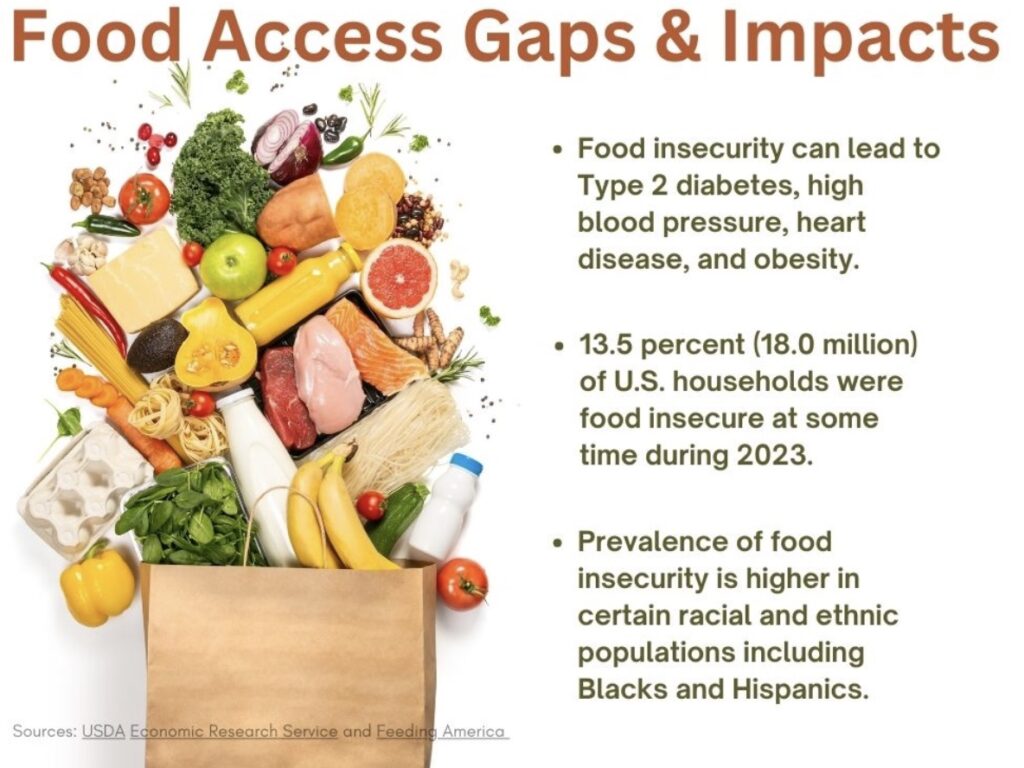
The study first began at the University of Minnesota, gathering data from the more urban populations in the Minneapolis area. By expanding to another site at UGA, it now has the opportunity to compare rural and urban populations and the differing effects SRD may have on these groups. The two teams are in constant contact, ensuring their research is aligned and progressing as planned.
Why ‘Family Matters’ Matters
Health inequities in the United States are prominent, with certain groups suffering from higher rates of chronic illnesses, shorter life expectancies and more. Although these disparities have long been present, work is still being done to thoroughly explain why, so progress can be made toward solutions.
In a 2012 study, “Miles to Go before We Sleep: Racial Inequities in Health,” David Williams of the Harvard School of Public Health called for an “urgent” need for more research addressing the societal structures contributing to health disparities.
“In the United States (U.S.), as in other racialized countries in the world, racially stigmatized and disenfranchised populations have worse health than their more advantaged counterparts,” wrote Williams.
This means that some racial minorities experience poorer health outcomes in a variety of areas.
Why? Existing studies point to structural racism and discrimination (SRD) as a contributing factor. SRD refers to “conditions that limit opportunities, resources, power, and well-being of individuals and populations,” according to the National Institute on Minority Health and Health Disparities.
These conditions refer to structural and organizational reinforcements such as residential segregation and institutional policies, that affect outcomes like where a person lives, what they eat, their access to health care and more.
Prior studies have shown associations between structural racism and negative health outcomes in adults, including cardiometabolic disease, depression and more. However, these studies have mainly looked at only individual-level sources of racism and discrimination. The Family Matters Georgia study seeks to fill these gaps in research.
About the Study
The Family Matters Georgia study recruits child-parent pairs so researchers can look at both individual impacts and dig into how familial environments and interactions may affect health outcomes.
So, what exactly are the researchers examining?
“What we are looking at is psychosocial stress, food insecurity, structural racism and discrimination and a lot of health-related factors which are contributing to cardiovascular diseases or obesity in younger children,” said Chinar Singhal, the project director for the Family Matters Study in Minnesota.
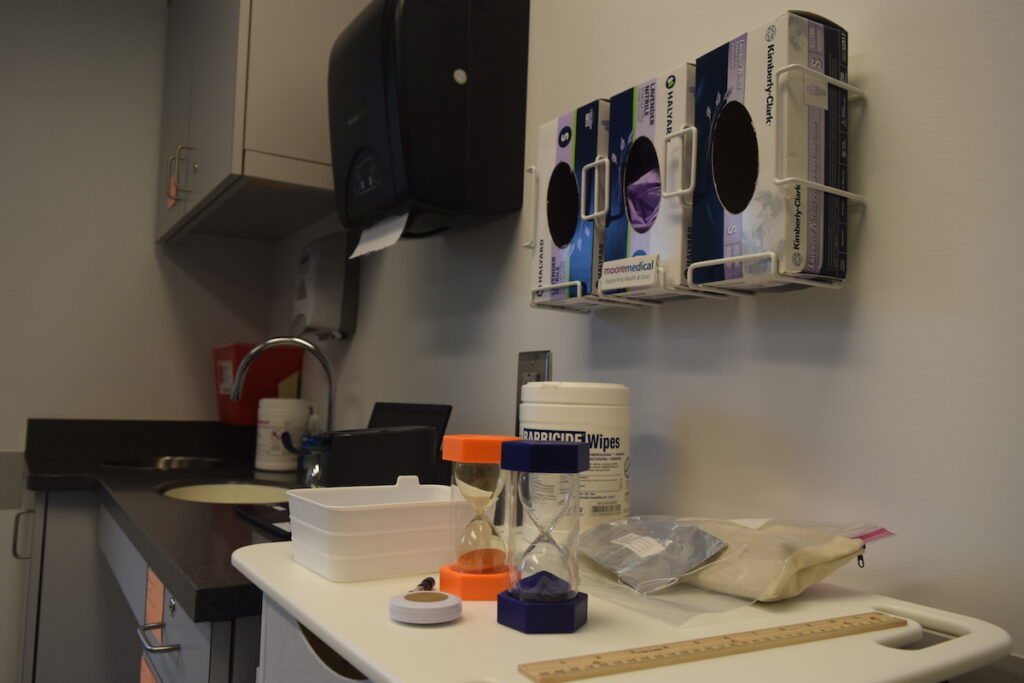
The study is multi-faceted and complex, aiming to add real value to the SRD and health equity field. Looking at individual, neighborhood, institutional, and societal/policy level measures, researchers use different methods to gather results. These mixed methods include biological measures, geographic information system data and surveys.
By gathering information through a variety of methods, the study examines mental, physical and behavioral health outcomes.
How it Works
Researchers recruit participants to take part in the study. The University of Minnesota site has around 1,300 families enrolled in the study. Focusing on a smaller sample size, the University of Georgia currently has around 150 families participating, working toward a goal of 300.
When participants sign up, they are committing to a multi-year involvement. This is because the research is done at different points in the participants’ lives, with 18 months in between, giving the researchers information about how health outcomes may change over time.
First, participants fill out a short survey to see if they are eligible. If so, they are contacted and have an initial phone call with the researchers where they explain the study process in-depth. If they decide to enroll, then the study proceeds.
The parent and child both fill out a lengthy survey, asking questions ranging from pre-existing health problems to their physical activity and psychological health. After that, they complete mini-surveys through text messages for about a week, asking them how they feel at moments throughout the day and asking other questions like, “How did you sleep last night?” This gives researchers a bigger picture of what a participant’s day-to-day is like.
Once the survey portion concludes, participating families come into the Clinical and Translational Research Unit (CTRU) where the nursing staff takes their physical measures, including blood work and blood pressure values.
Then, after 18 months, the process repeats.
The University of Minnesota is currently on its third round of data collection, while the UGA Family Matters Georgia study, being newer, is working on its first.
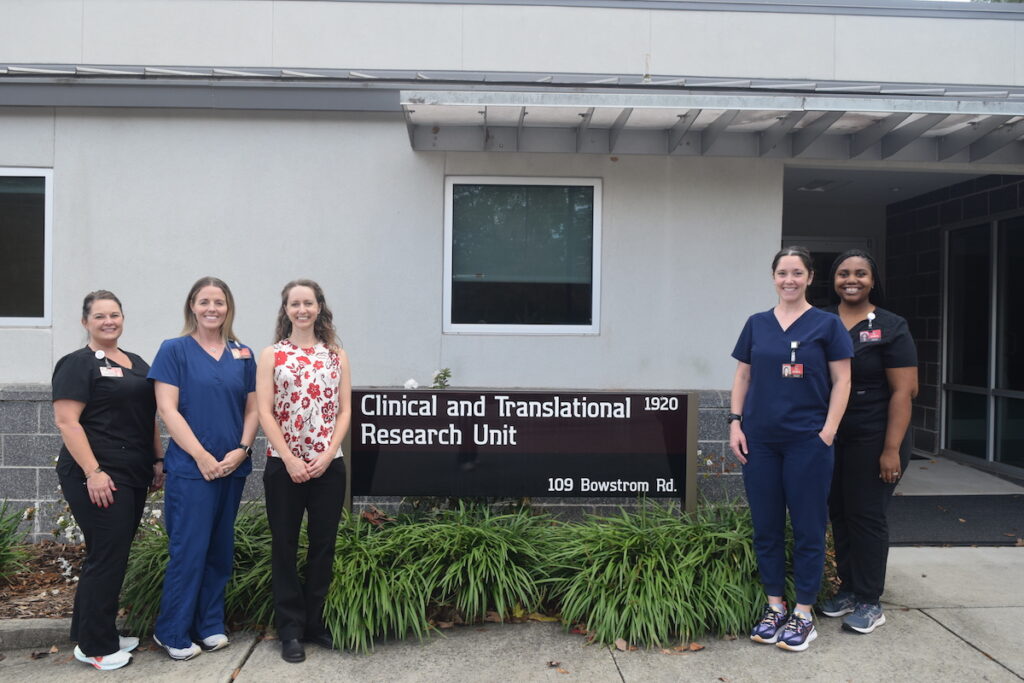
Challenges and Impact
Both UGA and the University of Minnesota aim to wrap up data collection by 2027. Although the study is moving along, it has had its difficulties.
The Family Matters Georgia study recruits participants through community events and partners, but ultimately, getting the word out about the study has been challenging. This goes hand in hand with the researchers’ challenge to earn community members’ trust.
“A lot of times, just having a good conversation with people has been really helpful because once they realize that the results of this really, hopefully, will help our community in the long run, people are pretty motivated by that,” said Merola.
Once the study is complete and the findings have been analyzed, it is the Family Matters study’s broader goal to make tangible changes.
“So all these components, once we address, we want to make sure that we are able to make a significant impact which can be impacting our policies and making changes,” said Singhal.
The University of Minnesota research site ensures this occurs by partnering with the School of Public Affairs.
In addition to making differences in broader communities, the study positively affects the participating families by providing baseline health care support.
Singhal explained how many participants come from low socioeconomic backgrounds, often never having gone to get a hospital check-up done. Through their participation in this study, they are getting blood work and learning information about their general health.
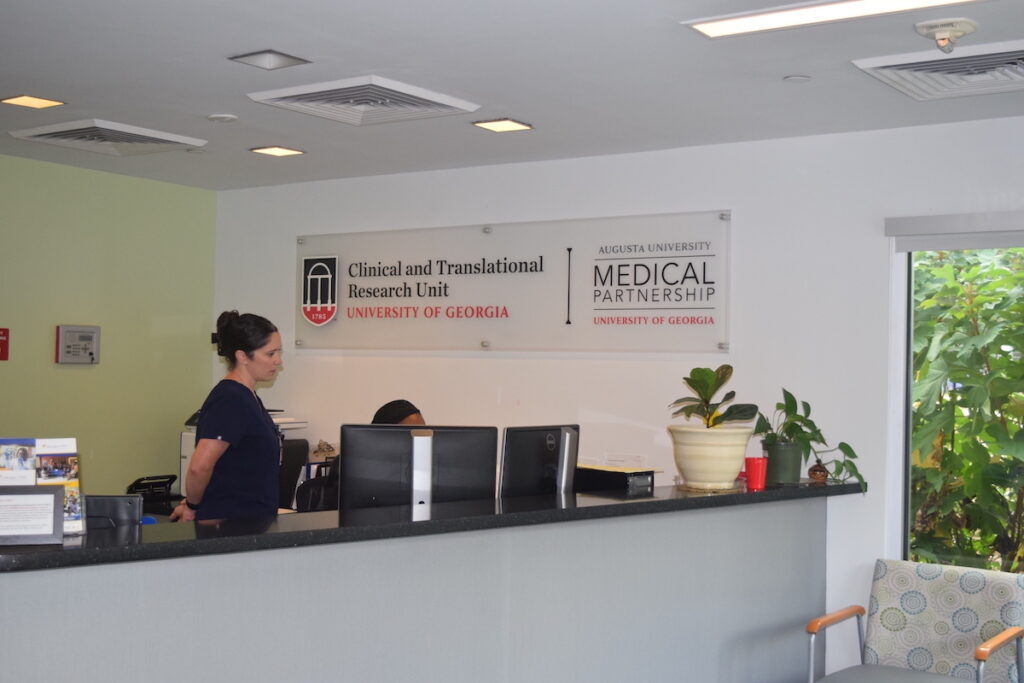
By gathering expansive information regarding structural racism and discrimination in relation to health outcomes, the Family Matters Georgia study can fill health equity gaps not only in research, but also in real lives across the state, nation and beyond.
“I think a lot of people don’t really realize how pervasive structural racism is and how much of an impact it has,” said Merola. “I think it’s just really something that can have some lifelong impacts on kids that are impacted by this, so I am hoping we can find things that are going to improve that.”
Caroline Kostuch is a senior majoring in journalism and communication studies.


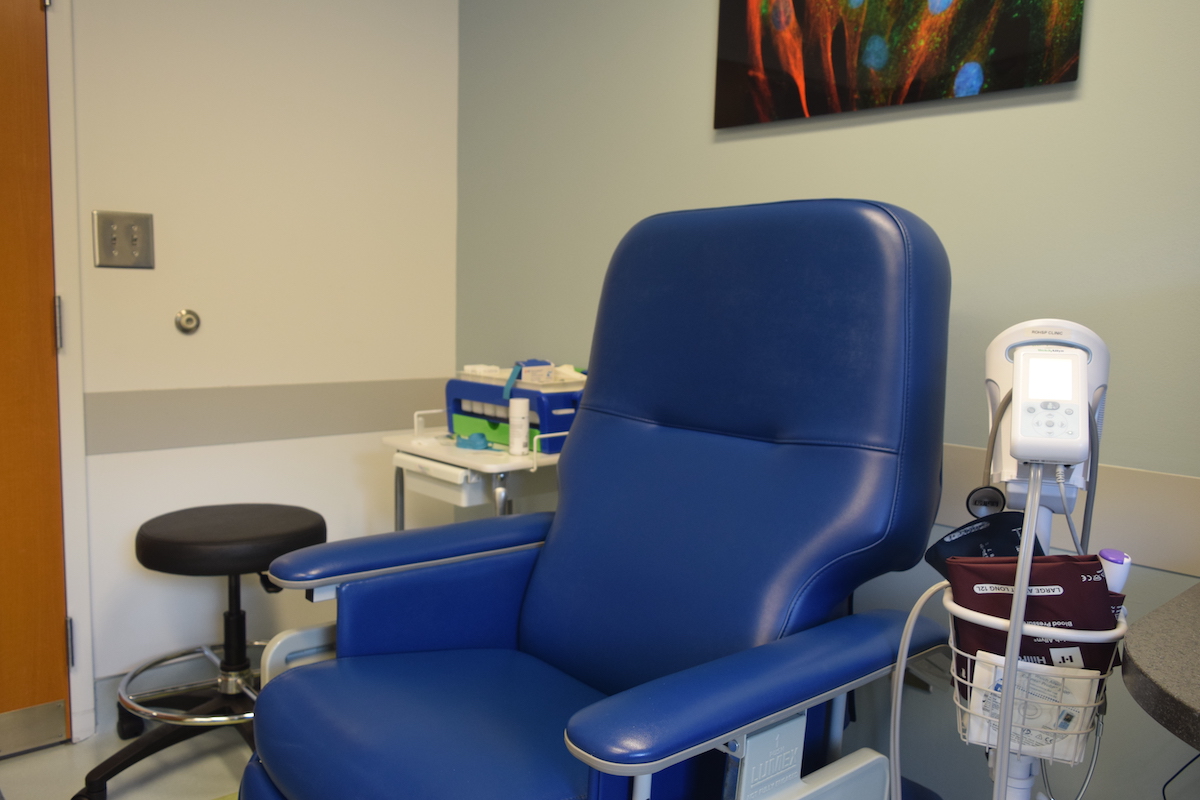






Show Comments (0)